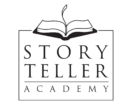How to Tell Stories That Are Uniquely Yours
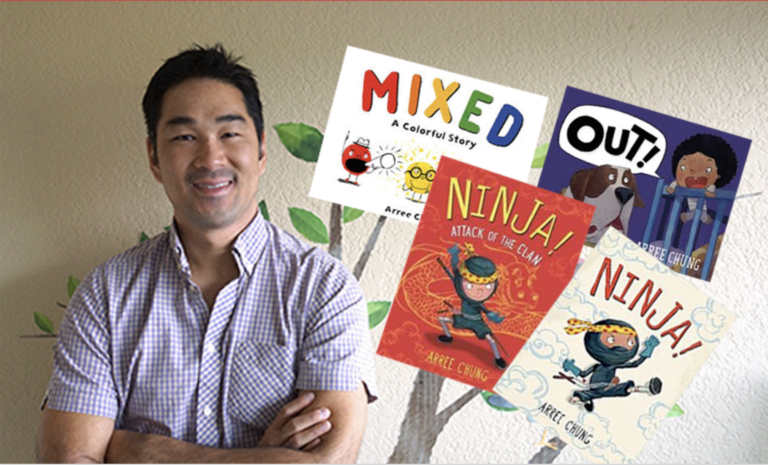
When you go to conferences or read interviews with agents and editors, people invariably ask what kind of stories they're looking for. Instead of saying that they want more cats in space (or something specific), they usually tell everyone that they want unique voices with universal appeal. They'll know it when they see it. They want stories that can only be told by the person telling it.
What does that even mean?
During Arree's last workshop this week, one of the students shared a revision of a picture book dummy that really tugged at everyone's heartstrings. When started asking questions, the student realized that the story was based on her relationship with her sister. She shared an emotional event from her childhood that Arree told her she needed to incorporate into the story. The story was already powerful, but when she added her own history, it became even more so. One of the other students said the story review felt like therapy, and it really did.
Two of my critique partners who've won awards fictionalized experiences that they and their children were going through.
Ellie Terry realized she'd had Tourette's her whole life when her oldest daughter was diagnosed with it, so she wrote a beautiful verse novel that lets readers experience what it's like for a girl to move to a new middle school with Tourette's.
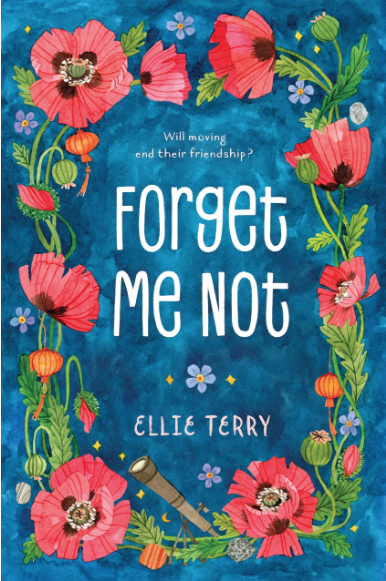
Forget Me Not is unique, and incredibly powerful, because of the emotional truth that Ellie brings from her own experiences.
Jessie Oliveros was recording her grandfather's memories because he was losing them to Alzheimer's when she got the idea for The Remember Balloons.
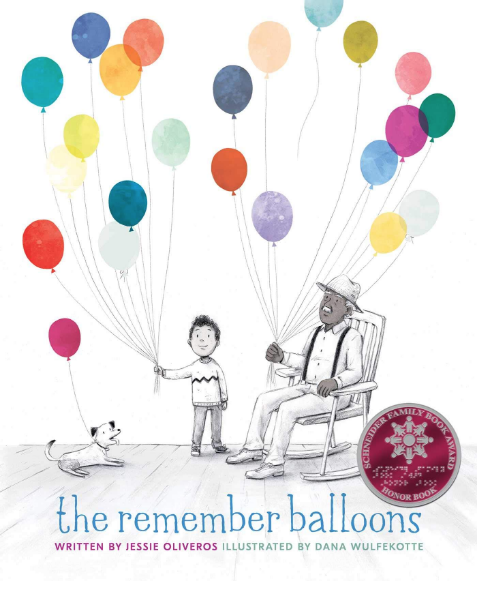
Kathryn Otoshi actually taught an intensive on mining your challenges to write inspirational picture books earlier this year.
What are you going through right now? Can you fictionalize it, add a sense of wonder or abstraction, and give your own story a better ending?
Retaining the emotional truths of your experience doesn't mean that you're tied to the facts.
You can also mine happy memories and fantasies. Arree talks about how he and creators have done that in the following video.
Arree fantasized about catching Santa when he was a kid, so he turned that fantasy into a picture book!
Three Questions to Ask:
- Did you have a fantasy or obsession that you could turn into a story?
- What were you curious about when you were a kid?
- Which childhood experiences had an emotional impact on you?
It's worth taking the time to revisit your childhood memories, even if they were painful. You may find emotional truths in your past that will help children (and even adults) make connections. You might find a way to turn your obsession or fantasy into a hilarious story. Either way, you're going to have a unique story.
Thanks for reading!
Blog Contributors

Myrna Foster writes and edits content for Storyteller Academy and the WriteRiders Newsletter for SCBWI Nevada. She has spent a lot of time teaching and coaching children, including five years as a preschool teacher. She's also worked as a journalist, and Highlights High Five has published six of her poems.
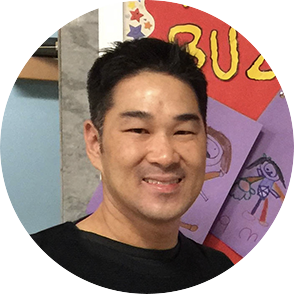
Arree Chung is an author/illustrator and the founder of Storyteller Academy. Arree’s Ninja! series has received starred reviews from Kirkus and School Library Journal. Kirkus also gave a starred review to Mixed, which recently won the FCGB award.
Today Arree lives a creative life, making stories for children. Arree spends most of his time making picture books, writing middle grade novels, and sharing his love for art, design, and storytelling with kids and dreamers everywhere.
